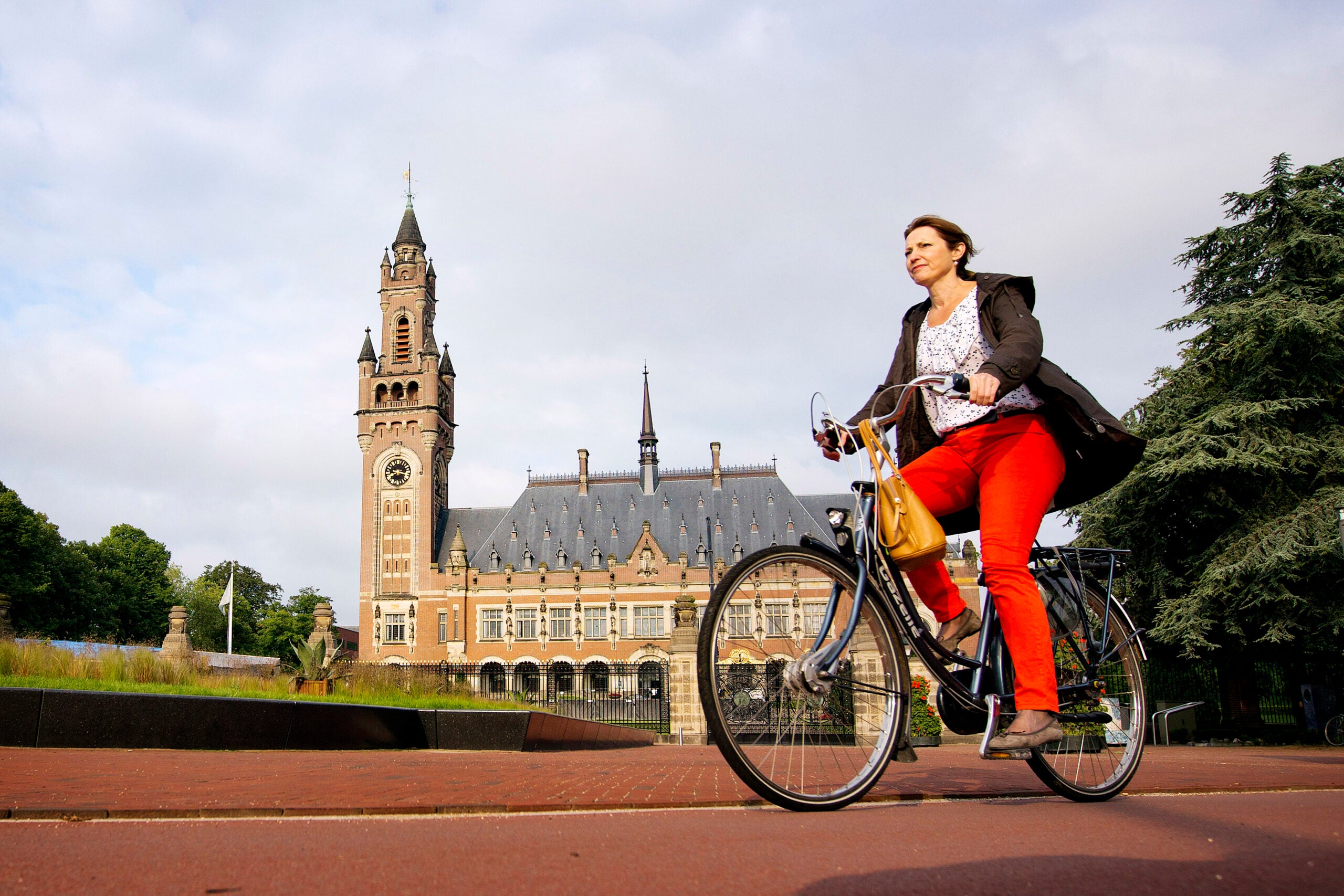Bicycle advocates from the Netherlands are sharing ideas on bicycle-friendly initiatives in Milwaukee this week thanks to a grant from the United States government.
Milwaukee is one of three cities in the U.S. selected by the Federal Highway Administration this year for a ThinkBike workshop. Members of the public-private organization Dutch Cycling Embassy are meeting with city engineers, planners and local bicycle groups to talk about integrating bicycling more seamlessly into the city’s infrastructure.
Milwaukee City Engineer Jeff Polenske said he hopes the two-day workshop sparks ideas for redesigning some local streets for bicycling while acknowledging many motorists don’t want to lose things such as curbside parking.
News with a little more humanity
WPR’s “Wisconsin Today” newsletter keeps you connected to the state you love without feeling overwhelmed. No paywall. No agenda. No corporate filter.
One concept growing in Europe is the so-called biking highway – wide lanes separated from motor vehicles that make local or inter-city bicycling easier.
Arie Vijfhuizen, a traffic and civil engineer with Dutch Cycling Embassy said Monday a key design challenge is spelling out who has the right of way.
“Because somewhere on a road suddenly there is a crossing,” Vijfhuizen said. “It’s not safe. You have to make it clear that something is coming and something is going on for every route user for the cyclist but also the car driver.”
The Dutch government has taken steps to encourage bicycling, said Angela van der Kloof, a Dutch Cycling Embassy project manager.
“Like tax reductions for people who buy a new bicycle through their employer and pay less income tax,” Van der Kloof said. “Also, the local government, they spend a lot of money on the infrastructure, on promotion campaigns, on cycling safety.”
Van der Kloof said the Dutch are not conducting a ”war on cars,” but want to promote greater health, less air pollution and more social interaction. Many in the Netherlands think biking is safe enough there they don’t wear a helmet while riding.
Wisconsin Public Radio, © Copyright 2026, Board of Regents of the University of Wisconsin System and Wisconsin Educational Communications Board.
